PLEASE NOTE THAT THIS COURSE DOES NOT USE CANVAS.
Sonoma State University Department of History
History 380: The 20th Century World
Spring 2024
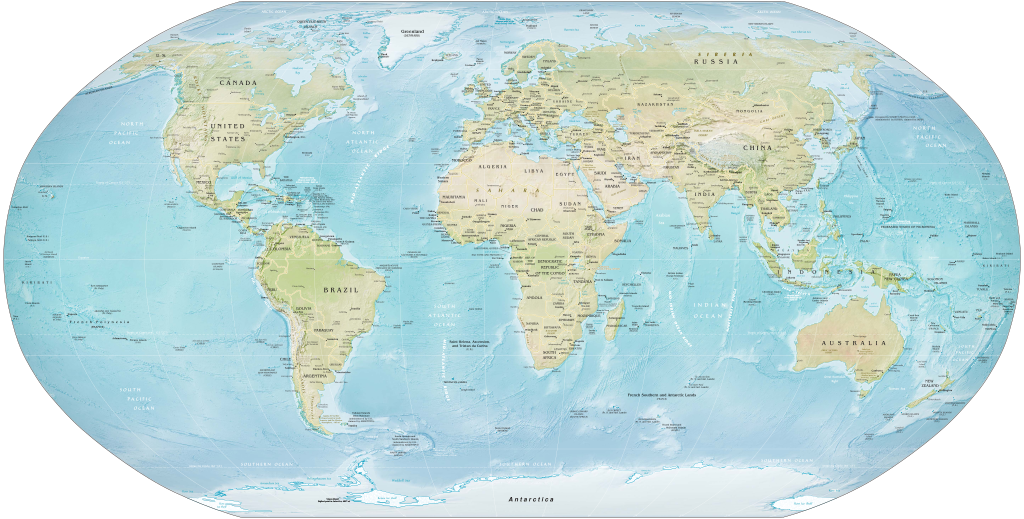
Instructor:
Mary Halavais: halavais@sonoma.edu .
This spring we also have a graduate assistant, Dane Beatie: beatied@sonoma.edu.
Office: Stevenson 3708
Office hours: M, W, Th 12-1:00 p.m. and 2:15 – 2:45 p.m..
Please make an appointment to talk to the prof during these hours.
Library Research Guides and Study Information
The University Library can help you find information and conduct research. Look here to see what other services the library offers.
SSU Learning and Academic Resources Center
(LARC) offers three academic support programs for students: Tutorial, Supplemental Instruction , and the Writing Center. Visit the LARC website for more information.
Learning Objectives/What will I learn in History 380 this semester?
Content knowledge:
1. Familiarity with key ideas and important events in the 20th century.
2. An appreciation for the varied approaches historians use in their work.
3. Awareness of the significance of the past to the present.
Academic skills:
1. Ability to read a source critically.
2. Improved communication skills.
3. An appreciation for collaboration in academic work.
Participation and reading quizzes 30%
Midterm 30%
Final exam 40%
Reading required for this course:
Weekly reading assignments are listed week by week on the syllabus below.
.The professor expects you to arrive in class with any questions you may have about the assigned reading, and prepared to discuss that reading. You are expected to have the text with you, or available on laptop or other device, in order to reference the material during discussions. There will be unannounced reading quizzes.
Writing required for this course
Midterm and final examinations; reading quizzes.
Please note that you are required to cite all sources used in your written work. This includes the use of A.I. Using a source without providing proper citation is plagiarism.
Plagiarism in this course will result in your failing the course as a whole, in addition to whatever penalties the University imposes. Please see the university catalog for more information.
Class participation required for this course:
Please note that attendance alone does not constitute participation. Participation requires you to speak up in class, and to engage with the material and with your fellow students. This is an academic requirement.
Required Texts
1. Best et al. International History of the 20th Century and Beyond.
2. T. Snyder. On Tyranny: 20 Lessons from the 20th Century. ISBN 978-1-9848-5915-0
3. Keiji Nakazawa. Barefoot Gen. ISBN 978-0-86719-602-3
4. Marjane Satrapi. Persepolis: The Story of a Childhood. ISBN 978-0-376-71457-3.
Class Protocol
Please remember to treat your fellow students (and your professor!) with respect at all times. This means listening carefully and quietly to what each person has to say.
Your professor will try to speak clearly and slowly (which will be a challenge! Please tell me if I need to speak more slowly.) She asks that you do the same. If at any point you are uncomfortable with what is happening in class, please talk with the professor right away. We learn best in a comfortable environment!
Students with Special Needs
If you are a student with special learning needs, your first step is to register with the campus office of Services for Students with Disabilities, 707-664-2677. DSS will provide you with written confirmation of your verified disability, and will notify the instructor of recommended accommodations. Your instructor will discuss these recommended accommodations with you.
Other information
Fires, floods, earthquakes, and pandemics, while not likely, are always possible, and they may disrupt classes. We can make adjustments so that your progress in the class will not be affected adversely.
SCHEDULE OF CLASSES/READING ASSIGNMENTS
The study of history often leads down unexpected and exciting paths. The schedule below is the expected list of topics and readings for each week. The prof may add any additional topics, links, or readings that we explore together in class each week. Any added material will first be mentioned in the class setting.
____________________
WEEK 1: JANUARY 22 & 24
M Introduction to History 380.
W The world at 1900.
REQUIRED READING due JANUARY 29
On Tyranny, Prologue and #1
____________________
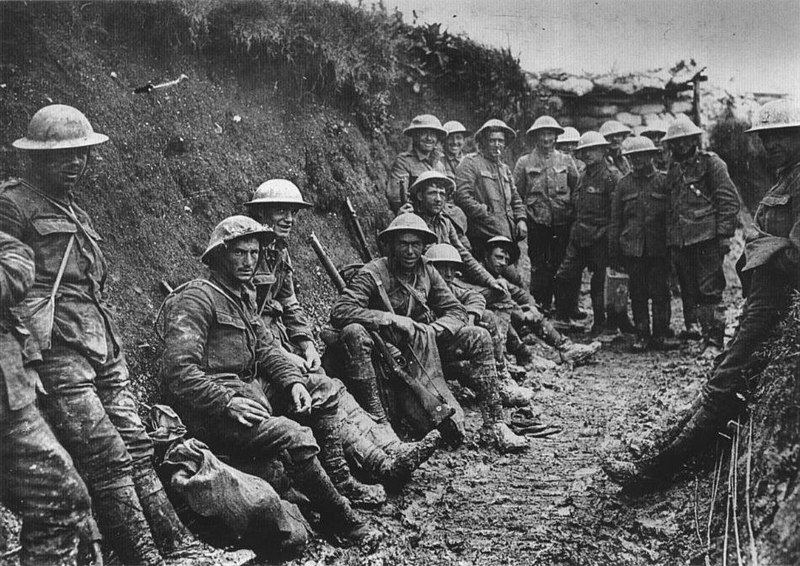
WEEK 2: JANUARY 29 & 31
M The Great War.
WVersailles and after.
REQUIRED READING due FEBRUARY 5
International History, 6-63.
On Tyranny, #2
____________________
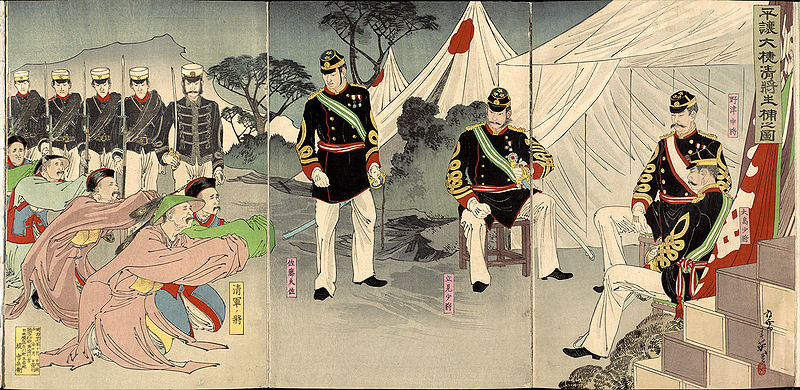
WEEK 3: FEBRUARY 5 & 7
M Japan’s Long 19th Century
W China’s Long 19th Century
REQUIRED READING due FEBRUARY 12
International History, 63-84
On Tyranny, #3
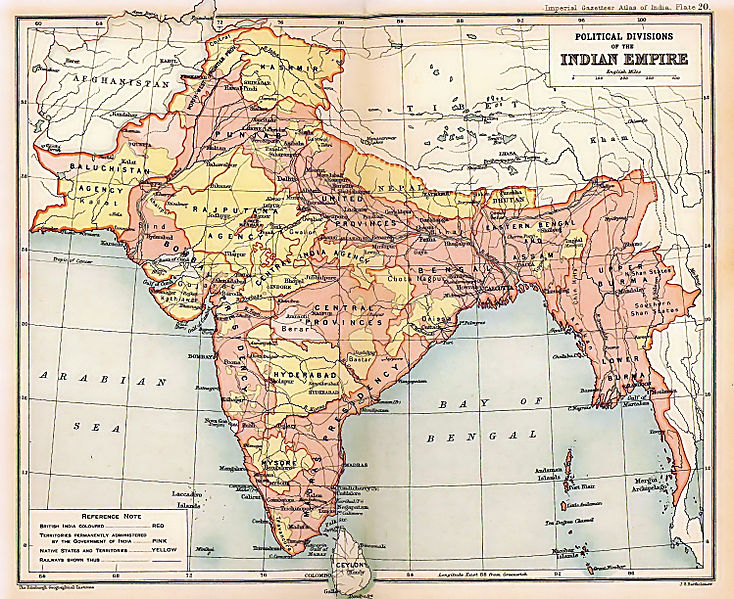
____________________
WEEK 4: FEBRUARY 12 & 14
M European colonial empires
W Mandates
REQUIRED READING due FEBRUARY 19
International History, 84-143
On Tyranny, #4 and #5
NY Times Magazine, “The Israeli-Palestinian Conflict.”
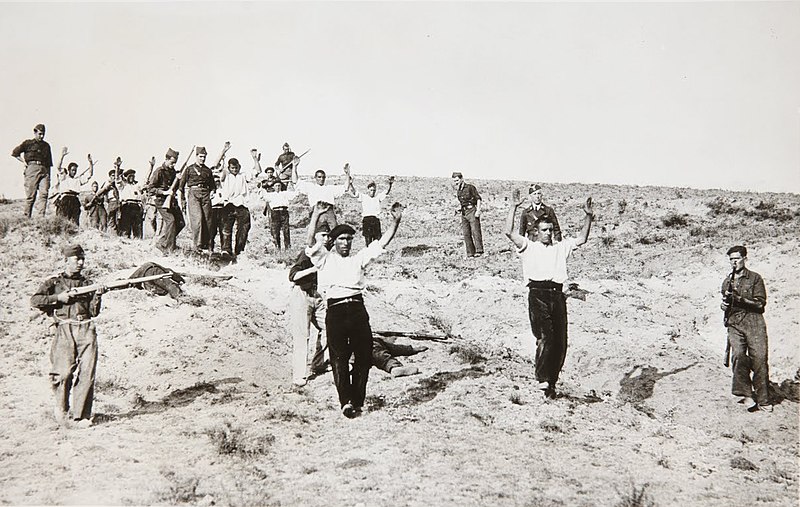
____________________
WEEK 5: FEBRUARY 19 & 21
PLEASE NOTE: THE WINE BUSINESS INSTITUTE HAS ASKED TO USE OUR CLASSROOM ON FEB 21. WE WILL MEET, INSTEAD, IN STEVENSON 1400 THAT AFTERNOON. I HOPE THAT THIS INCONVENIENCE IS MINIMAL FOR YOU ALL.
M Europe’s 1930s –
W the rise of fascism
REQUIRED READING due FEBRUARY 26
International History, 165-199
On Tyranny, #6 and #7
Barefoot Gen, pages 1 – 133
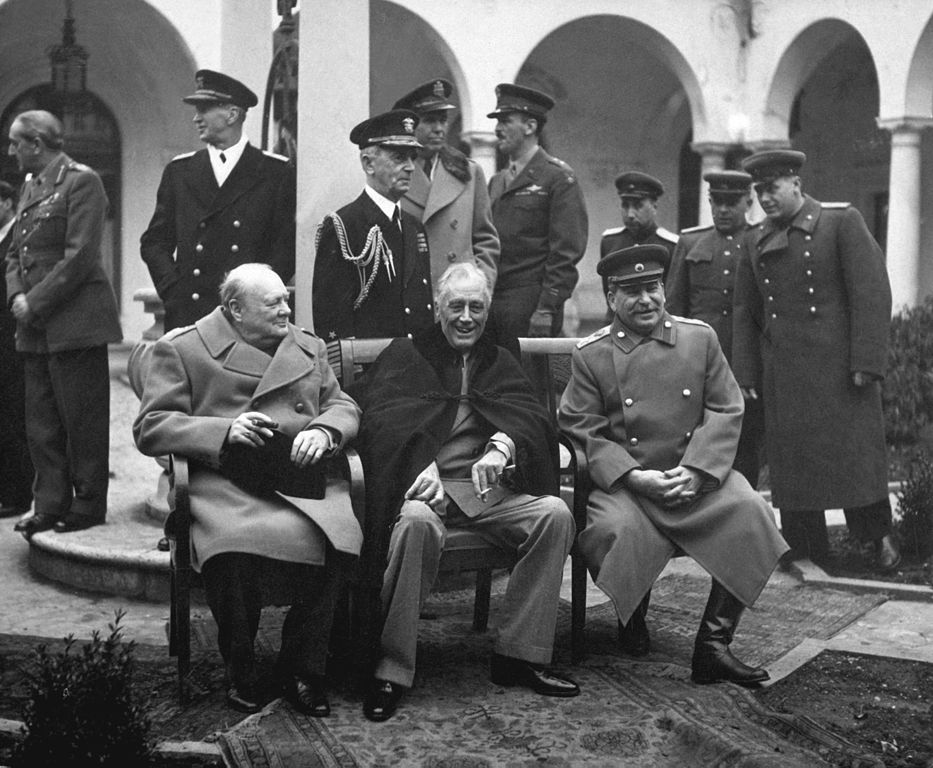
National Archive and Records Administration: NAID 541340
____________________
WEEK 6: FEBRUARY 26 & 28
M Second World War; OnTyranny
W OnTyranny
REQUIRED READING due MARCH 4
International History, 199-229
Barefoot Gen, pages 133 – 288.
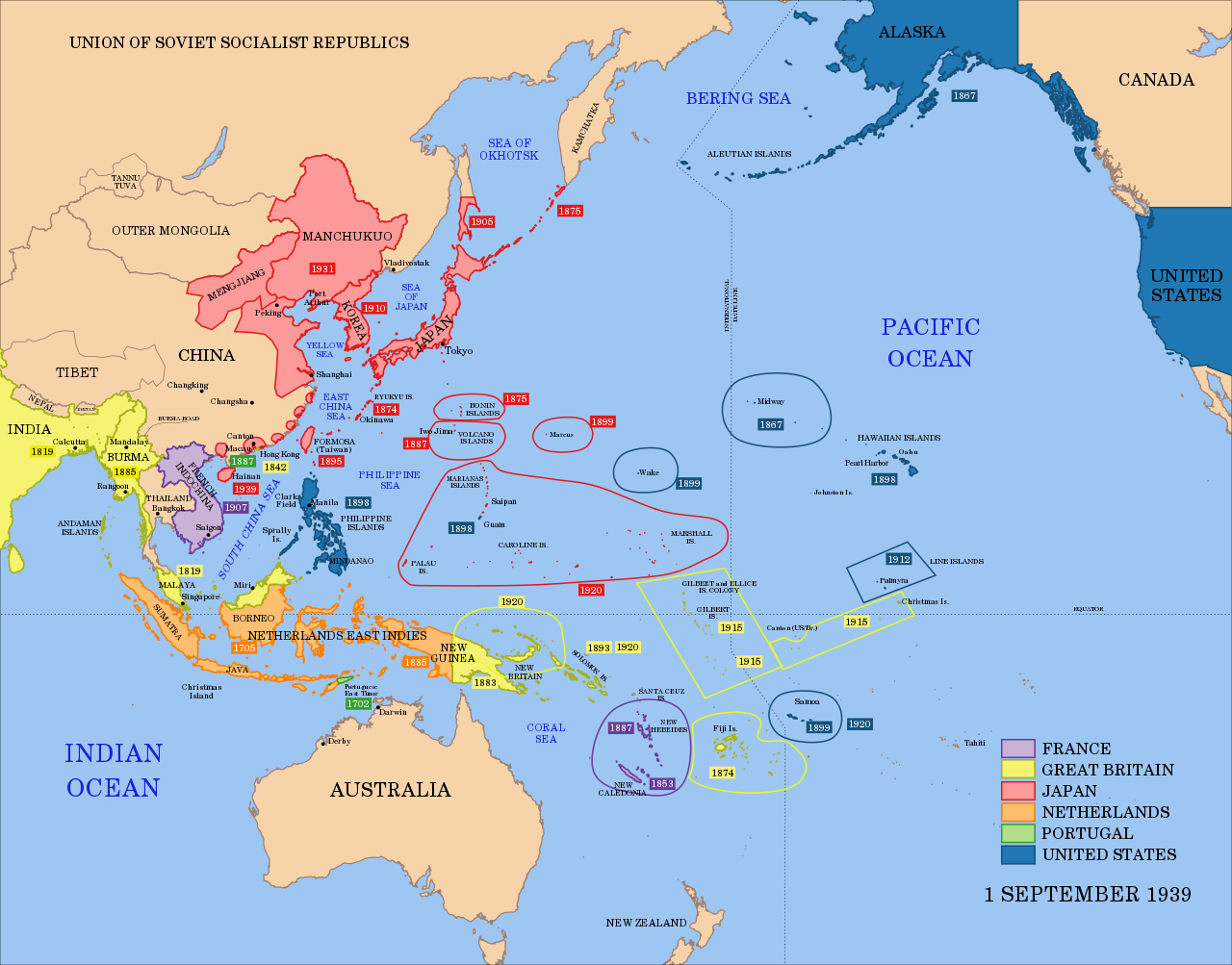
____________________
WEEK 7: MARCH 4 & 6
M War in the Pacific
W On Tyranny – to lesson 7
REQUIRED READING due MARCH 11
John Hershey, “Hiroshima,” New Yorker, August 31, 1946.
____________________
WEEK 8: MARCH 11 & 13
MARCH 11: STUDY DAY
MARCH 13: MIDTERM EXAM
____________________
WEEK 9: MARCH 18 – SPRING BREAK
____________________
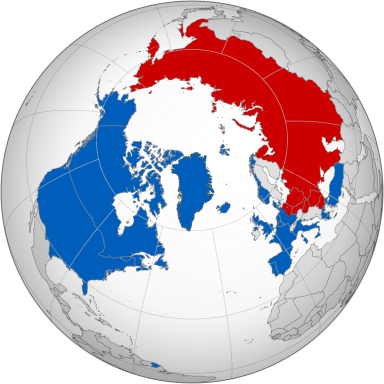
_____________________________
WEEK 10: MARCH 25 & 27
M after WWII
W The Cold War: Europe – and the U.S. – after WWII
REQUIRED READING due APRIL 3
International History, 229-311.
On Tyranny, #8
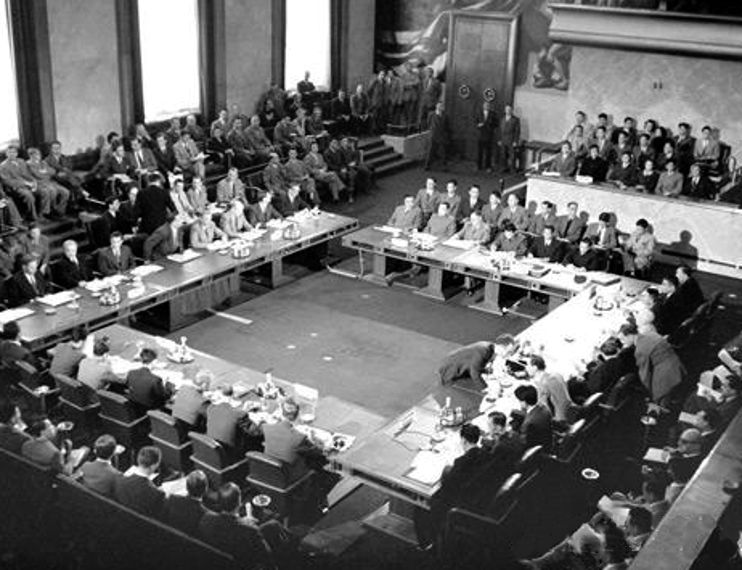
____________________
WEEK 11: APRIL 1 & 3
M APRIL 1 HOLIDAY – CÉSAR CHAVEZ DAY
WChina after WWII; The rise of the Third World
REQUIRED READING due APRIL 8
International History, 311-385
. ____________________
WEEK 12: APRIL 8-10
M Developmental States
W Japan as a developmental state

REQUIRED READING due APRIL 15
Persepolis
___________________
WEEK 13: APRIL 15 & 17
M Iran
W Iran, continued
REQUIRED READING DUE APRIL 22:
International History, 143-165 and 411-439
On Tyranny, #9 and 10
___________________
WEEK 14 : APRIL 22 & 24
M Mexico in the 20th century
W The US and Latin America
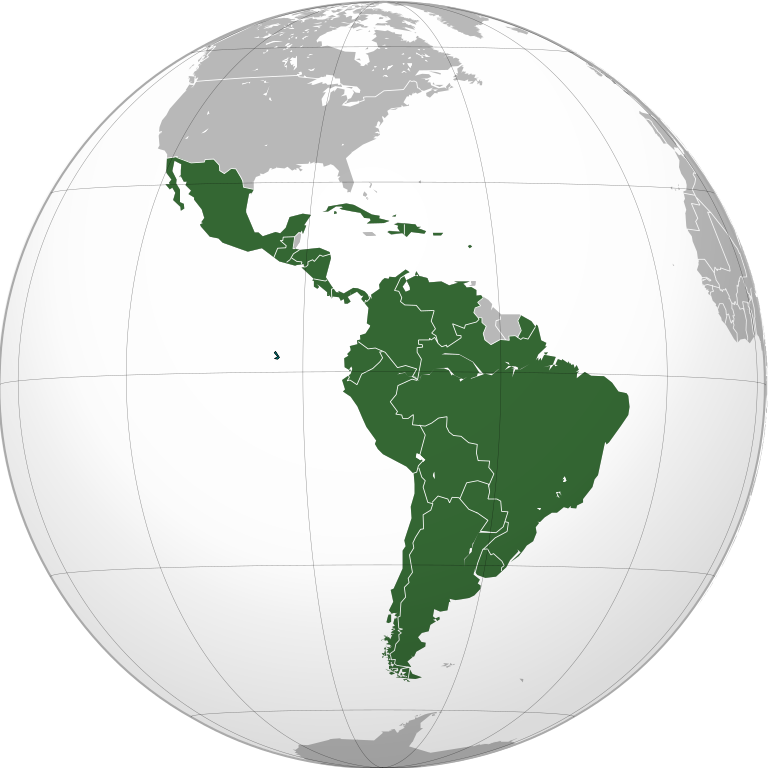
REQUIRED READING due APRIL 29
International History ,439-467
On Tyranny, #11 and 12
______________________________
: APRIL 29 & MAY 1
M Congo and the 1st and second African Wars
W Decolonization in Africa
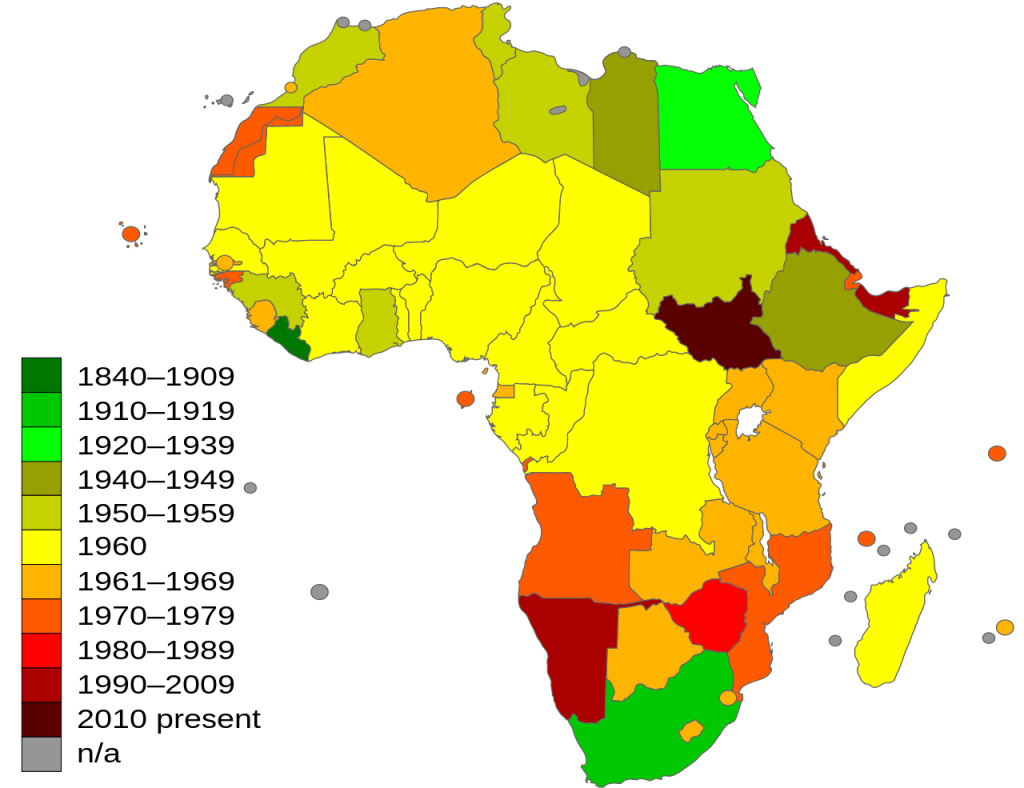
REQUIRED READING due MAY 6
International History, 467-501
On Tyranny, #13 & 14
______________________________
WEEK 16: MAY 6 & 8
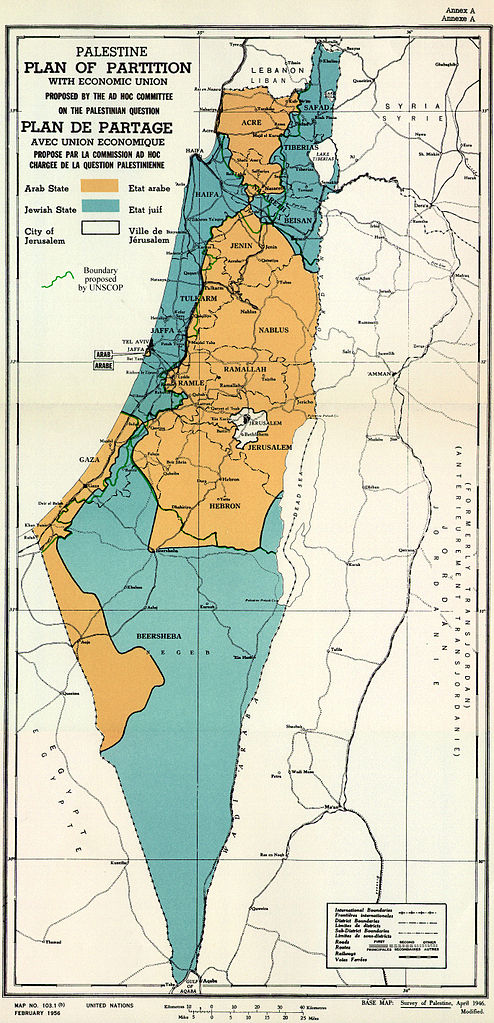
M Mandates and Israel
W Israel and the Arab world, 1948-1983
____________________
MAY 13 – FINAL EXAMINATION WEEK
